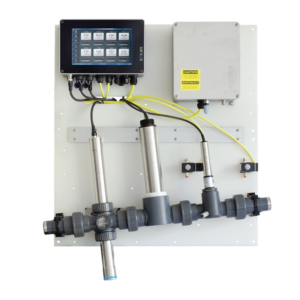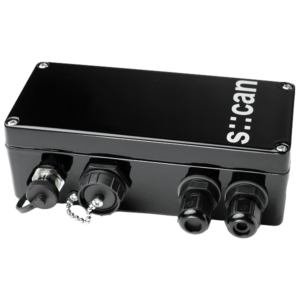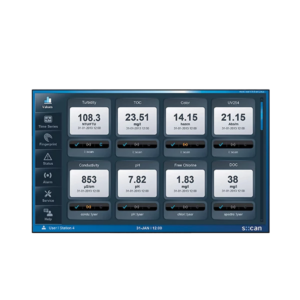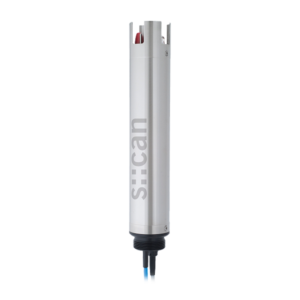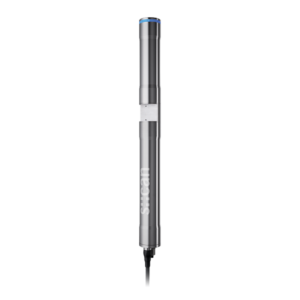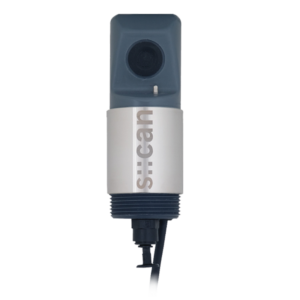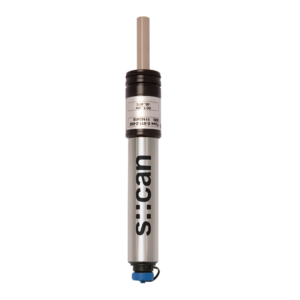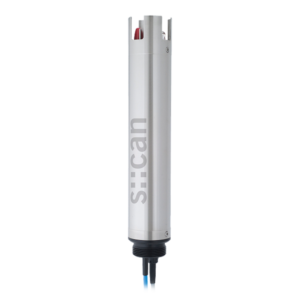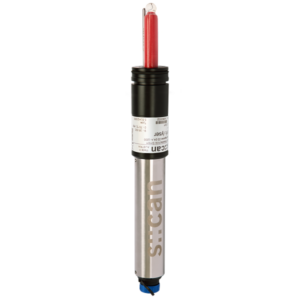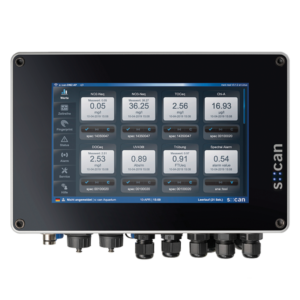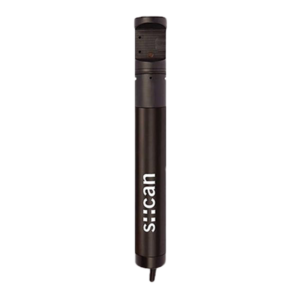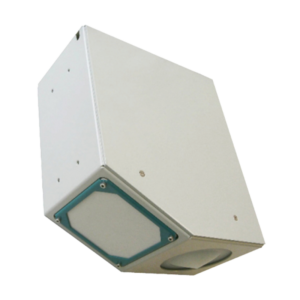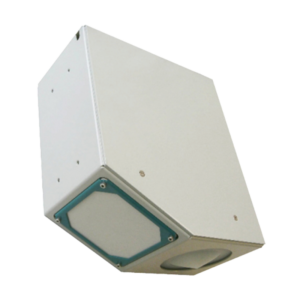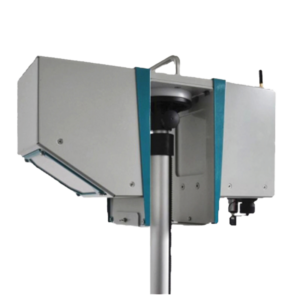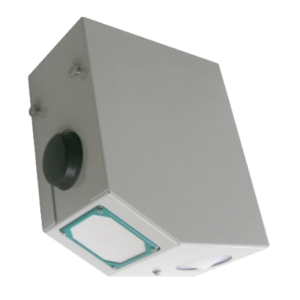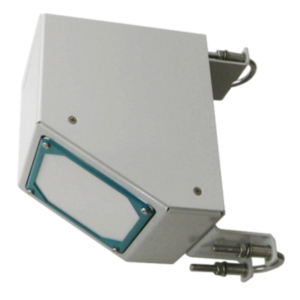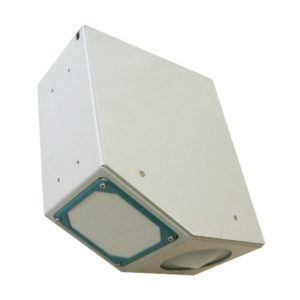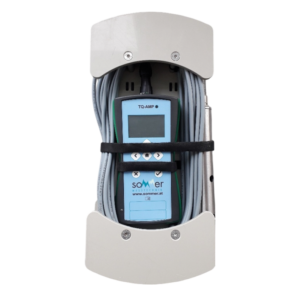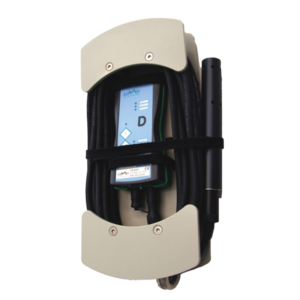River Water Monitoring

Online Monitoring of River Water
Non-Contact Discharge Measurement Sensors
Mobile Discharge Measurement System for Turbulent Rivers with Unknown Cross Section Profile
Why River Water Monitoring is Critical in India
India’s rivers are lifelines to agriculture, drinking water, and industries.
Pollution from urban sewage, industrial waste, and agricultural runoff has led to deteriorating river health.
Ensuring river water quality standards in India requires advanced and scalable monitoring solutions.
What is a River Monitoring System?
A river monitoring system is a technology-enabled setup that collects, records, and analyzes data on water quality parameters in real time.
Core Components:
Sensors: pH, DO, turbidity, conductivity, ammonia, nitrates.
Telemetry Unit: Transmits data to central server/cloud.
Dashboard: For analytics, alerts, compliance reports
Ganga Water Quality System
India’s most ambitious river project, Namami Gange, utilizes advanced Ganga water quality systems that include:
Continuous water quality sensors
AI-integrated pollution tracking
Satellite surveillance
Water Quality Monitoring in India: Scope and Methods
Key Monitoring Parameters
Biological: Coliform bacteria
Physical: Turbidity, temperature
Chemical: BOD, COD, pH, heavy metals
Key Monitoring Parameters
Grab Sampling: Manual collection and lab testing
Remote Sensing: For large-scale water mapping
Real-Time Monitoring: Continuous and automated
River Water Monitoring Project: Implementation Strategy
Site Assessment
Sensor Deployment
Data Collection and Logging
Real-Time Alerts and Dashboards
Reporting & Compliance Audits
Advanced River Water Monitoring Methods
Wireless Sensor Networks
IoT Integration
GIS Mapping for pollution sources
AI and Predictive Analytics
Benefits of a Reliable Water Monitoring System
Real-time pollution control
Enhanced regulatory compliance
Early warning systems for contamination
Efficient resource allocation for cleanup
Public transparency and trust

